There are growing calls for better bus access to the Dublin mountains.
It comes after the Dublin Commuter Coalition raised the issue last month, claiming the mountains were "out of reach" to many Dubliners who do not drive or own a car.
Zipit Forest Adventures says it faces "several challenges" because it cannot be accessed by public transport.
The zipline course in Tibradden Wood is located several kilometres from the final stops of two bus routes from Dundrum.
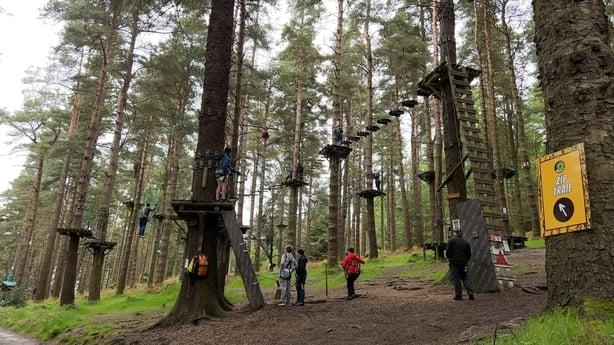
"Access to the mountains in general is quite difficult," said Operations Manager Eoin O'Shaughnessy.
"In the past we have had customers who have been left stranded after a session or have had difficulty securing a taxi home. Our staff often struggle to make their way to work, or to make their way home from work.
"Ultimately, it kind of stops us reinvesting in the business and developing the attractions we have to offer."
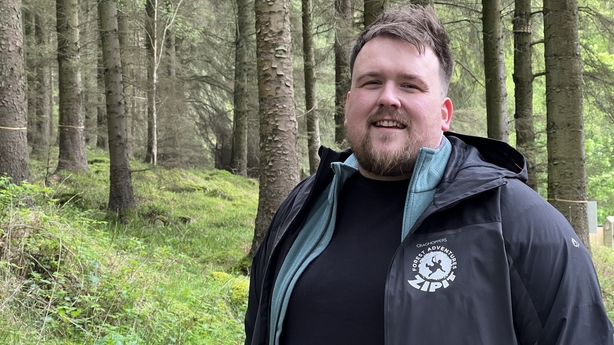
The Dublin Commuter Coalition cited Tibradden Wood as one of several popular natural attractions which could not be reached by many Dubliners who rely on public transport.
The commuter group proposed connecting the two bus routes to create a looped service, saying this would have "a huge impact on public transport access to nature".
The proposal was well-received on social media, with Minister for Tourism, Culture, Arts, Gaeltacht, Sport and Media Catherine Martin tweeting that it was an "excellent proposal... which would support local businesses, reduce congestion and illegal parking, and connect rural communities."
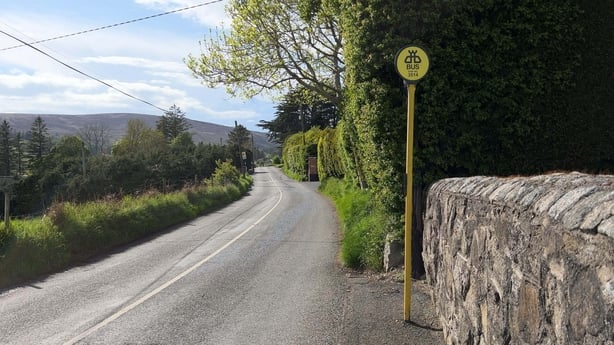
The idea has also been welcomed at Zipit.
"You would be surprised at how many children and young people who come here off a school tour bus and we learn that they've never been to the mountains. Some of them have never even spent time in a forest, when it's a stone's throw away from their doorstep," Mr O'Shaughnessy said.
The National Transport Authority told RTÉ News that it was aware of the Dublin Commuter Coalition's proposal and "it's something we’ll take a look at".
But how have other cities around the world tackled the issue of accessibility to their own natural environment?
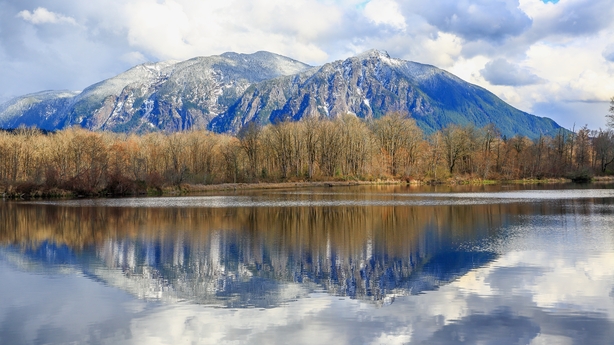
In the US, a number of cities now provide transit services to connect people in city centres to hiking trails and places of natural beauty.
Trailhead Direct is a project co-led by King County Metro and King County Parks in Washington state.
The service, which reopened for another season last weekend, whisks hikers from downtown Seattle to Mount Si, over 50km away.
"It has been one of the most overwhelmingly positive things we have done," said Ryan Miller, Transportation Planner with King County.
"And we've really taken that to heart in the way we look at not just this service, but also how we plan our regular bus routes. We want to make sure we allow for parks and outdoor access, because that's what we're hearing from the community.
"Public transport needs to be able to serve more than just your trip to work. Being able to get out into nature and recreational destinations is equally important to people. Expanding the way that public transportation works to match the way that people want to live their lives is really important to us."
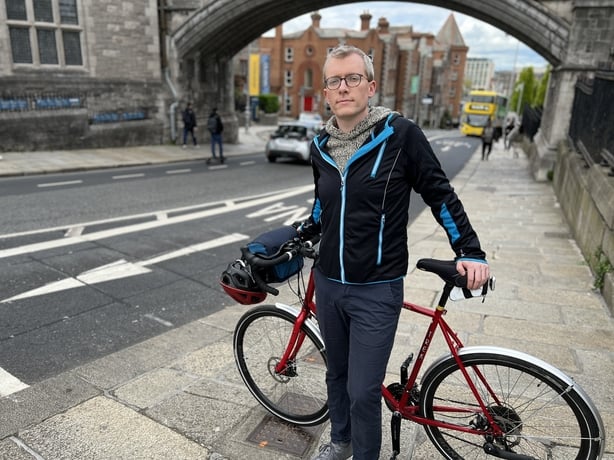
Under the Government's Climate Action Plan, the transport sector must reduce its emissions by 50% by 2030.
That is going to require far-reaching efforts beyond simply connecting bus routes.
"Our group, along with others, are just trying to focus the message that there's a lot to do," explains Gary Marshall from the Dublin Commuter Coalition.
"Public transport doesn't always have to be for economic reasons. It doesn't have to be about moving people from A to B because it saves time.
"There's also a health benefit and a mental health benefit. If we want people to care about biodiversity and climate change, then they need to see it and feel it.
"If you have to get in a car to go to the mountains or the woods, you're going to feel a little hypocritical because you're already not doing what you've set out to do.
"We are hoping that this proposal is the start of a conversation. Public transport is not just for commuting. It's not just for work, school and appointments. It can also be for socialising and for leisure."






